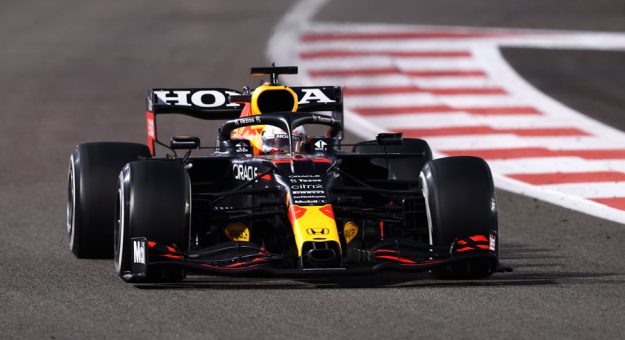CONCORD, N.C. — Politics, in my opinion, belong in the public square, not the paddock.
Yet, since the very earliest days of racing, there have been political aspects, just as in about every other sport on the planet.
What we saw play out in the final Formula 1 race of 2021 at Abu Dhabi was the latest example and it resulted in the removal of the series’ race director, Michael Masi.
You all know the story, so I won’t rehash it here. The saga of the season finale — which determined a world champion — can be told in many different ways, most of which depend on who one is rooting for in this situation.
Politics are played from many angles in our sport. Team owners have an agenda, drivers have an agenda, sponsors, media companies … they all spend copious amounts of time and money making sure the “unfair advantage” everybody is seeking falls their way.
That’s why they call it competition.
If you can carve out something that gives you an advantage, you’d probably better be tooting that horn as loud as you can in hopes that it will fall your way.
The sanctioning body, however, has to walk a much finer line. If the advantage is viewed as being aimed squarely at one particular team or group, you have way more problems than you might have expected.
I’m not saying that what happened in the F-1 finale was an example of such. I do not have any firsthand knowledge of anything like that. I only know what I saw, combined with more than 35 years in this business.
Billion-dollar budgets in F-1 are the norm, and the top teams — Mercedes, Red Bull, McLaren, Ferrari, etc. — play serious hardball with the FIA to make sure they are accounted in whatever rules or policies are laid down.
When it comes to race direction, the rules had better be carved in stone and applied judiciously. What is called and when is a matter of policy and the will to enforce it. What can’t happen is a sudden, mid-race change and that seemed to be what occurred at Abu Dhabi.
The late-race decision to allow some lapped cars by the leader — not all, but just enough to let second-place catch up to the leader — was suspect from the get-go. Masi declared the decision was to settle the race and the world title on the track between the drivers who had dominated it.
“It’s called motor racing,” is what Masi said to one of the team principals.
In a perfect world, that is a no-brainer.
It was not a perfect world that night.
The decision to remove Masi came on the eve of the first testing session in Spain, after the FIA had convened meetings on the subject. There were rumors that members of one of the teams involved had somehow “turned” Masi to make that call at that time.
Don’t know if I buy that, but it was reported that way.
Whether that happened or did not, it resulted in a contested championship that still resonates today. That’s an example of politics played to a ridiculous level.
How Formula One approaches its race direction this year could be — will be — a major topic of conversation. Credibility is on the line, and if it is shown to be lacking, it will bode ill for the future.
It’s a lesson that needs to be reinforced to all sanctioning bodies, from F-1 down to the tiniest regional racing series: make good, unambiguous rules and follow them all the time. If everyone knows what to expect, then it can play out how it plays out without questions.
Fail to do that, and the repercussions will ring loud and it might cost the offending organization much, much more than it bargained for at the time.
